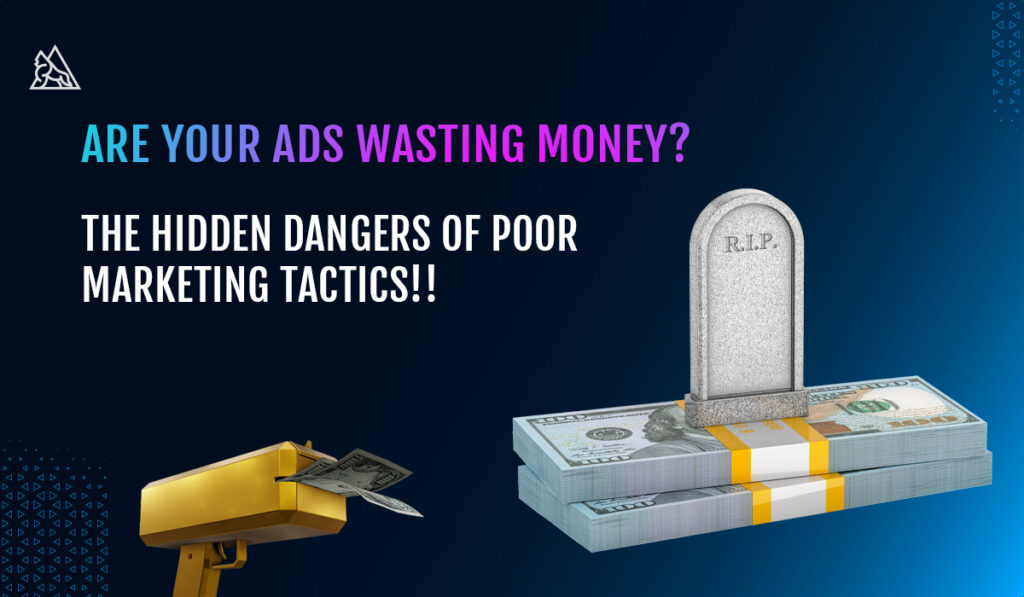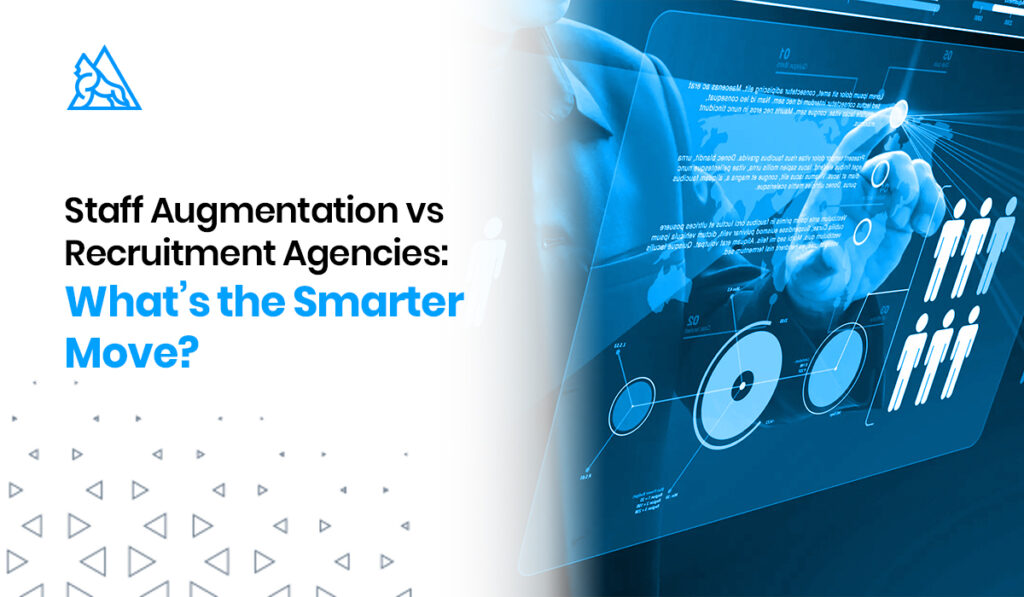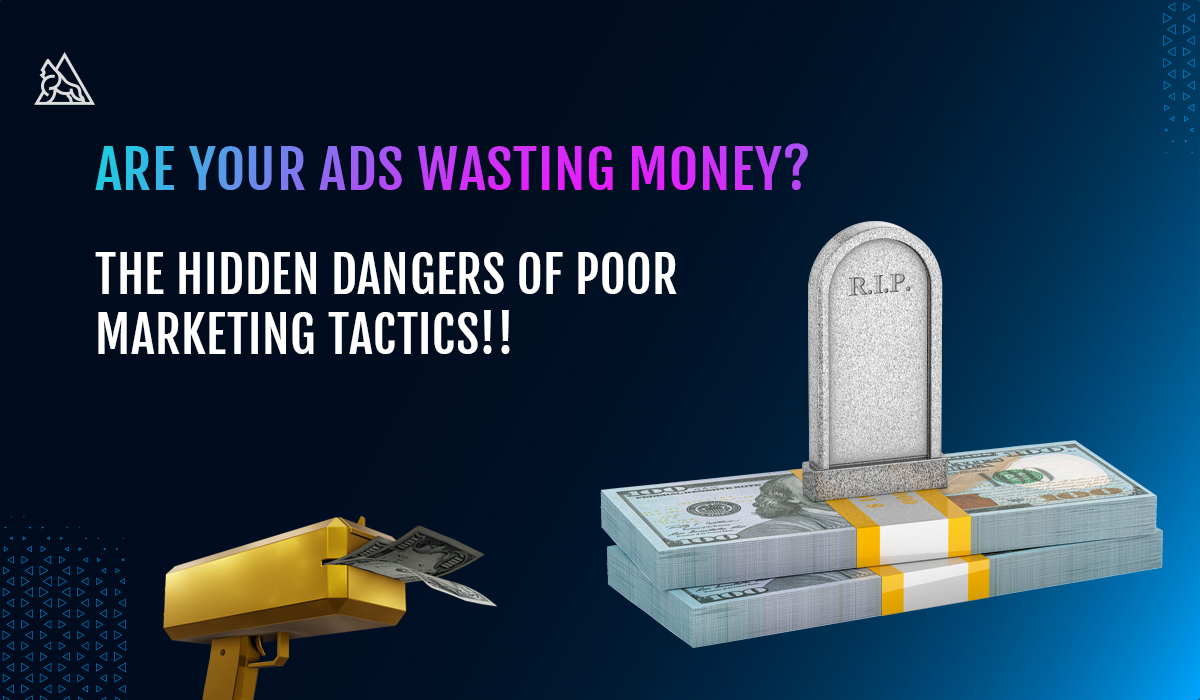Digital marketing services are evolving at an unprecedented pace. Rapid advancements in AI, changing consumer expectations, and emerging technologies are reshaping the way businesses connect with their audiences. To stay competitive, brands must embrace the latest marketing trends and adapt their strategies accordingly.
Digital marketing companies that fail to keep up with these trends risk falling behind in an increasingly saturated market. From AI-driven automation to immersive experiences powered by AR and VR, 2025 will be a year of transformation.
In this blog, we’ll explore the key digital marketing trends that will shape the industry and help businesses thrive in a digital-first world.
AI and Automation in Digital Marketing Services
AI is no longer a futuristic concept—it’s already revolutionizing digital marketing services. In 2025, AI will become even more sophisticated, helping businesses automate tasks, analyze data, and personalize customer experiences like never before.
AI-Driven Content Creation and Personalization
AI-powered tools are changing how content is created and distributed. Digital marketing companies are using AI-driven platforms to generate high-quality blog posts, email newsletters, and social media captions in seconds. These tools not only save time but also optimize content for better engagement and SEO performance.
Personalization is another game-changer. Consumers now expect brands to deliver customized experiences based on their interests and behaviors. AI analyzes vast amounts of data to offer hyper-personalized recommendations, increasing user engagement and conversion rates. Businesses that leverage AI for personalization will have a significant advantage over their competitors.
Chatbots and AI-Powered Customer Support
Chatbots are no longer just answering basic FAQs—they are becoming full-fledged virtual assistants. AI-powered chatbots provide real-time support, helping businesses streamline customer interactions and improve response times. Unlike traditional bots, these AI-driven assistants understand natural language, making conversations more human-like.
With 24/7 availability, chatbots enhance customer experience while reducing operational costs. Businesses that integrate AI chatbots into their digital marketing services will see increased customer satisfaction and improved efficiency in handling inquiries.
The Rise of Voice and Visual Search in Digital Marketing Trends
Search behaviors are evolving, and businesses must adapt to remain visible. Voice and visual search are rapidly gaining traction, changing how consumers find products and information online.
Voice Search Optimization
Voice search is becoming a dominant trend as more consumers rely on voice assistants like Alexa, Siri, and Google Assistant. Unlike traditional searches, voice queries are more conversational and often framed as questions.
To optimize for voice search, businesses should focus on long-tail keywords and question-based content. Structuring content to provide direct, concise answers will increase the chances of appearing in voice search results. Digital marketing companies must incorporate voice search optimization into their SEO strategies to stay relevant in 2025.
Visual Search and Image Recognition
Visual search allows users to find information and products through images rather than text. Platforms like Google Lens and Pinterest Lens enable consumers to upload pictures and discover visually similar products instantly.
Businesses must optimize their images with high-quality visuals, relevant alt text, and descriptive metadata to improve visibility in visual search results. E-commerce brands, in particular, can leverage this trend to enhance the shopping experience and drive higher conversions.
Hyper-Personalization and Data-Driven Marketing Trends
Consumers are bombarded with content daily, making hyper-personalization essential for capturing their attention. Brands that harness big data and AI-driven insights can create more relevant and targeted marketing campaigns.
Predictive Analytics for Customer Insights
Predictive analytics is transforming digital marketing services by allowing businesses to anticipate customer needs. AI analyzes past behaviors, engagement patterns, and purchase history to predict what consumers are likely to do next.
Retailers, for example, can recommend products based on browsing history, while streaming platforms like Netflix use predictive analytics to suggest content users will enjoy. By leveraging predictive insights, businesses can create more personalized and effective marketing campaigns.
Dynamic Content and Personalized Ads
Generic advertisements are becoming obsolete. Consumers prefer ads that resonate with their preferences and interests. AI-powered personalization allows brands to tailor ads dynamically, adjusting content in real time based on user behavior.
Email marketing campaigns, social media ads, and website experiences can now be customized for individual users. Digital marketing companies must focus on dynamic content strategies to boost engagement and improve conversion rates.
Video Marketing and Interactive Content: The Future of Marketing Trends
Video continues to be one of the most engaging forms of content, and in 2025, its dominance will only grow. Consumers prefer visual storytelling over long-form text, making video marketing a crucial component of any digital strategy.
Short-Form and Live Video Content
Platforms like TikTok, Instagram Reels, and YouTube Shorts have popularized short-form video content. These quick, engaging clips grab attention instantly, making them perfect for brand storytelling and product promotions.
Live video is also gaining traction. Brands can use live streaming to showcase behind-the-scenes content, host Q&A sessions, and conduct product demonstrations. Real-time interaction fosters authenticity and strengthens customer relationships.
Augmented Reality (AR) and Virtual Reality (VR) Experiences
AR and VR technologies are reshaping digital marketing services by offering immersive experiences. Brands in fashion, beauty, and home decor are using AR-powered virtual try-ons, allowing customers to see products in real life before purchasing.
VR is also being used for virtual showrooms and interactive brand experiences. Businesses that integrate AR and VR into their digital marketing strategies will stand out and attract tech-savvy consumers.
Influencer Marketing and User-Generated Content
Influencer marketing remains a powerful strategy in digital marketing trends. Consumers trust recommendations from influencers more than traditional advertisements, making influencer collaborations an effective way to build brand credibility.
Micro-influencers (with smaller but highly engaged audiences) are becoming more valuable for businesses. Unlike celebrities, micro-influencers offer authenticity and deeper connections with their followers, resulting in higher engagement rates.
User-generated content (UGC) is another essential aspect of influencer marketing. Brands that encourage customers to share their experiences through reviews, testimonials, and social media posts benefit from increased credibility and social proof.
Privacy, Data Protection, and Ethical Marketing in 2025
Consumers are increasingly concerned about data privacy, and businesses must adopt ethical marketing practices to maintain trust. With regulations like GDPR and the phasing out of third-party cookies, companies must shift to first-party data collection strategies.
Brands should focus on building direct relationships with customers through transparent data collection methods, such as opt-in email marketing and interactive experiences. Ethical marketing practices, such as sustainability initiatives and responsible advertising, will also play a key role in building consumer trust.
The Growing Role of Programmatic Advertising
Programmatic advertising is transforming digital marketing services by automating the buying and selling of ad inventory in real time. This AI-driven approach enables brands to target the right audience with precision, maximizing ad efficiency and ROI.
With programmatic advertising, businesses can use data insights to deliver highly relevant ads across multiple platforms. In 2025, more brands will invest in programmatic strategies to improve ad targeting and reduce wasted ad spend.
Conclusion
The trends in digital marketing for 2025 highlight the growing importance of AI, automation, personalization, and immersive experiences. Businesses that stay ahead of these trends will gain a competitive advantage in the ever-evolving digital landscape.
Digital marketing companies must embrace the latest marketing trends, optimize for voice and visual search, and enhance customer experiences through hyper-personalization. The future belongs to brands that prioritize innovation, data-driven strategies, and ethical marketing.
Are you ready to adapt to the future of digital marketing services? The time to innovate is now.










